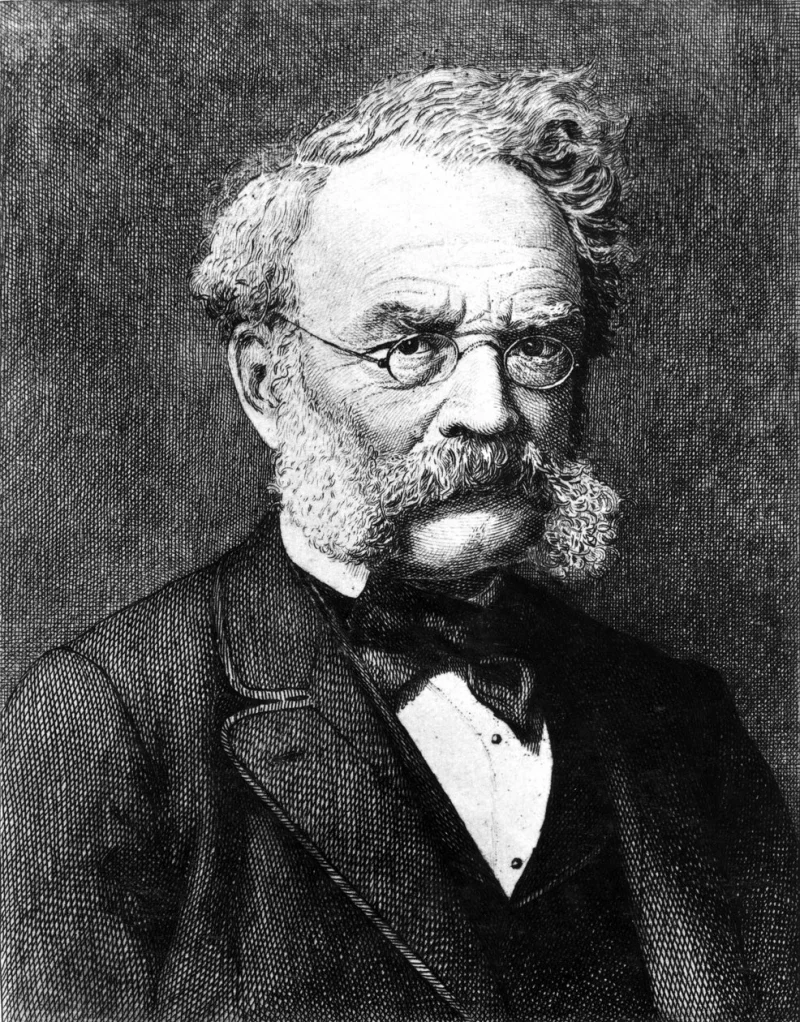Short Summary
Titus Lucretius Carus, commonly known as Lucretius, was a Roman poet and philosopher who lived during the first century BCE. He is best known for his epic work "De Rerum Natura" (On the Nature of Things), which expounds the philosophy of Epicureanism. Lucretius's work has had a lasting influence on both literature and science, with his ideas contributing significantly to the development of modern scientific thought. His poetry remains a seminal text in classical literature, offering profound insights into the nature of the universe and human existence.
Early Life & Education
Very little is known about the early life and education of Lucretius. He is believed to have been born around 99 BCE, though the exact location is uncertain. Details about his family background and upbringing are sparse, but it is assumed that he received an education typical of Roman citizens of his rank, likely involving rhetoric and philosophy. He was deeply influenced by Greek philosophy, particularly the works of Epicurus, which shaped his worldview and later writings. Although much about his early years remains speculative, his profound understanding of Epicurean thought suggests extensive study and intellectual engagement with the ideas of his time.
Career Highlights
Lucretius's career is primarily defined by his singular work, "De Rerum Natura," a didactic poem in six books. This work explores the principles of Epicurean philosophy, namely atomism, the nature of the gods, and the pursuit of happiness through the absence of pain and fear. Despite the lack of other known works, Lucretius's contribution through this poem has been significant in the realm of philosophical literature. His work was rediscovered during the Renaissance, influencing thinkers such as Giordano Bruno and Pierre Gassendi. The detailed articulation of Epicurean philosophy in poetic form has secured his position as a pivotal figure in the history of philosophical thought.
Major Achievements
- Authored "De Rerum Natura," an epic poem that systematically presents Epicurean philosophy.
- Influenced Renaissance humanism by reintroducing Epicurean and atomistic ideas to Western thought.
- Provided a poetic framework that helped bridge the gap between science and literature.
Famous Quotes
- "The fall of dropping water wears away the stone."
- "Nothing can be created from nothing."
Interesting Facts
- Lucretius's work was largely ignored in antiquity but gained prominence during the Renaissance.
- His poem "De Rerum Natura" was one of the first to propose the idea of atoms as fundamental particles.
- The poem is written in dactylic hexameter, a meter traditionally used in epic poetry.
Legacy / Influence
Lucretius's legacy lies in his successful fusion of poetic artistry with philosophical discourse. His work greatly contributed to the revival of atomistic theory and Epicurean philosophy during the Renaissance, influencing later scientific and philosophical developments. His ideas have resonated through centuries, shaping modern scientific perspectives and encouraging a rational understanding of the natural world.
FAQ
Q: Why is Lucretius famous?
A: Lucretius is famous for his epic poem "De Rerum Natura," which explores Epicurean philosophy and has influenced both literature and science.
Q: What is the main theme of Lucretius's work?
A: The main theme is the exploration of nature and the universe through the lens of Epicurean philosophy, emphasizing atomism and the pursuit of a tranquil life.
Q: How did Lucretius impact the Renaissance?
A: Lucretius's rediscovered work inspired Renaissance humanists and contributed to the revival of classical philosophies, impacting scientific and philosophical thought.













